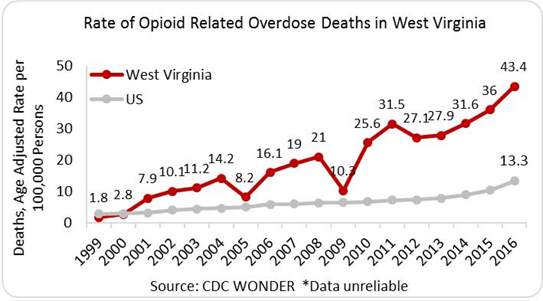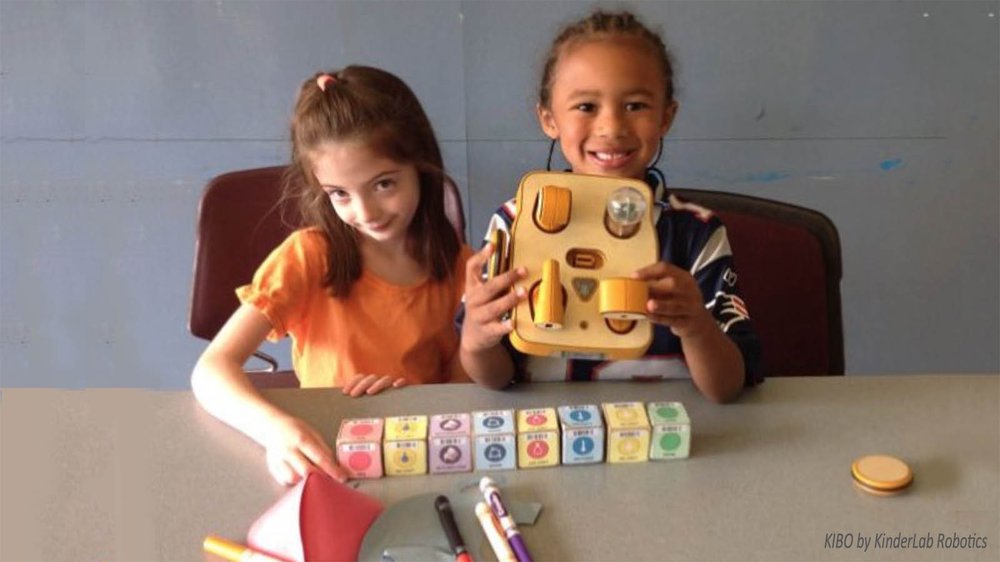CTE program pairs teens, preschoolers for STEM learning – By Lauren Barack, Education Dive
Miami-Dade County Public Schools launched a preschool coding and robotics program in some of its child care centers, using high school students to help with the teaching, according to District Administration. The older students are part of a program that trains them to become child care professionals.
Older and younger students worked with KinderLab Robotics’ KIBO Blocks— simplistic coding toys, which, when rearranged, create robotic movements, and teach the first steps of coding.
The district hopes to push the program into more high schools with on-site child care centers for the 2019-20 school year.
Preschool-age children love to have visitors in their classrooms, especially if they are cool teenagers. Such opportunities can translate into a powerful, and positive, experience for both. Younger students are likely going to be more excited, and more engaged, when taught by high school students. And the teens gain a sense of responsibility by serving as a mentor and role model for younger children.

Officials announce statewide opioid awareness initiative – By Michael Erb, The News and Sentinel
Education officials throughout West Virginia are teaming up to help students “Be A Game Changer” in the fight against opioid addiction.
Officials held a press conference Tuesday at the West Virginia Secondary School Activities Commission to announce the WVSSAC-MVB Bank Opioid Awareness Summit presented by West Virginia University and Marshall University.
The summit is a collaboration among the two universities, the WVSSAC, MVB Bank, the West Virginia Department of Education and the office of West Virginia Gov. Jim Justice. The first summit will be held Sept. 17 at the WVU Coliseum in Morgantown and the second will be held Sept. 18 at Marshall’s Cam Henderson Center in Huntington.
Bernie Dolan, executive director of the WVSSAC, called the collaboration “unprecedented” in West Virginia and promised the summits would be just the first part of a multi-stage initiative to reach the state’s youth.

Kentucky to expand school-based healthcare services for children — including mental health – From the Northern Kentucky Tribune
Gov. Matt Bevin announced that the Cabinet for Health and Family Services (CHFS), in partnership with the Kentucky Department of Education (KDE), will seek an amendment to Kentucky’s Medicaid state plan to provide greater healthcare access to students in schools across the Commonwealth by allowing for the payment of qualifying physical and mental health services.
The proposed amendment allows Kentucky school districts to utilize federal Medicaid funding to provide students enrolled in Medicaid with increased access to school-based healthcare, including mental health services, health screenings, diabetes, and asthma management. Currently, only students enrolled in Medicaid with an Individual Education Plan (IEP) qualify to receive these services.
“The importance of school-based health services is proven, and I am grateful that our state agencies are partnering to implement this amendment, which will benefit thousands of students across Kentucky,” said Gov. Matt Bevin. “This is an example of state government working across cabinets to find solutions to address the growing need for increased access to mental health services, preventive care, and other health services in our schools.”
In a letter sent to all 172 district superintendents, KDE Commissioner Wayne Lewis and Kentucky Medicaid Commissioner Carol Steckel underscored the significance of providing high-quality health services to Kentucky children, noting that these services often “address challenges before issues get more serious, require more costly interventions, and potentially put other students at risk.”

Higher Education’s Digital Transformation – By Steve Mintz, Inside Higher Ed
If higher education is to thrive, digital will be a big part of the answer.
We see this already.
Data analytics are beginning to drive decision making. Digital delivery, whether hybrid or fully online, is allowing institutions to serve existing students better while also reaching new markets — without building new classrooms and labs. Digital courseware, interactives, virtual labs, and simulations are allowing a growing number of faculty members to personalize instruction and make it more interactive. Mobile computing is making support services more accessible, allowing instructors to integrate remote learning experiences into their courses, and giving students opportunities to create digital projects: podcasts, course websites, digital stories, and apps.
Expenditures on higher education’s digital transformation are more likely to pay off than spending on facilities, equipment, and hardware.
The barriers to this transformation are great. Expertise, including expertise in instructional design and technology development, is in short supply. Start up costs are high. Legacy technologies abound, and, as a result, consolidating data across multiple silos is a task worthy of Sisyphus.
Vendors prey on institutions with promises to good to be true. Enterprise software requires extreme customization. Online program managers demand onerous contracts. Analytics require irretrievable historical data.












